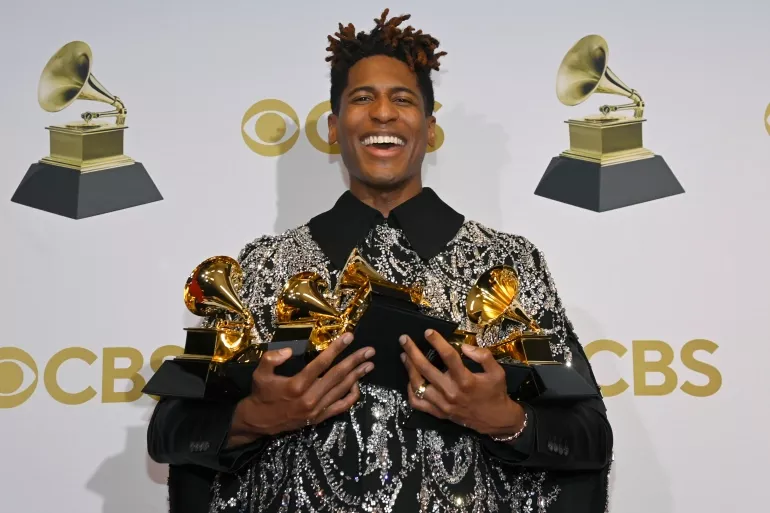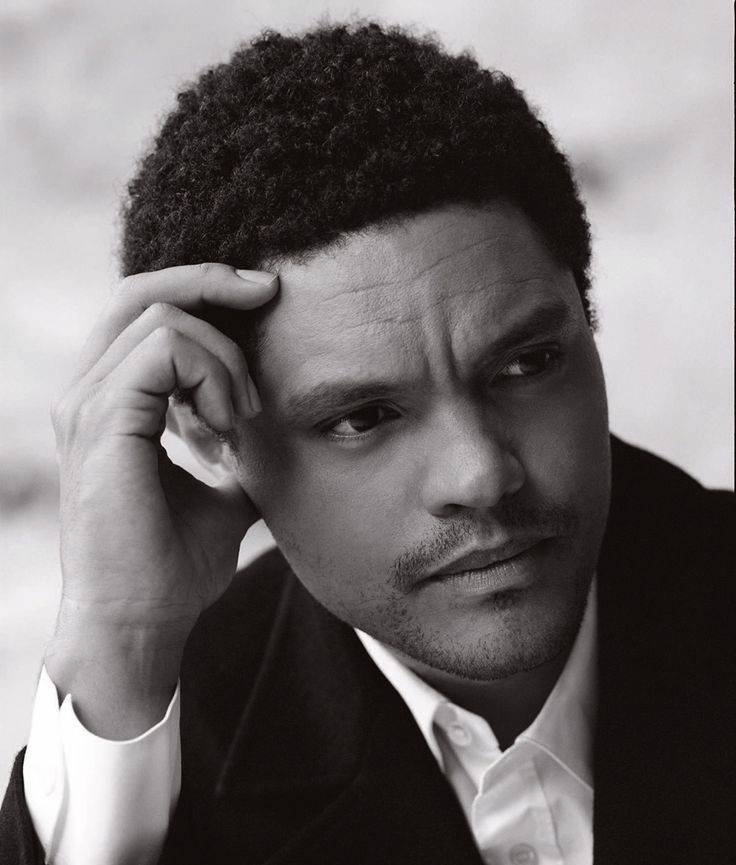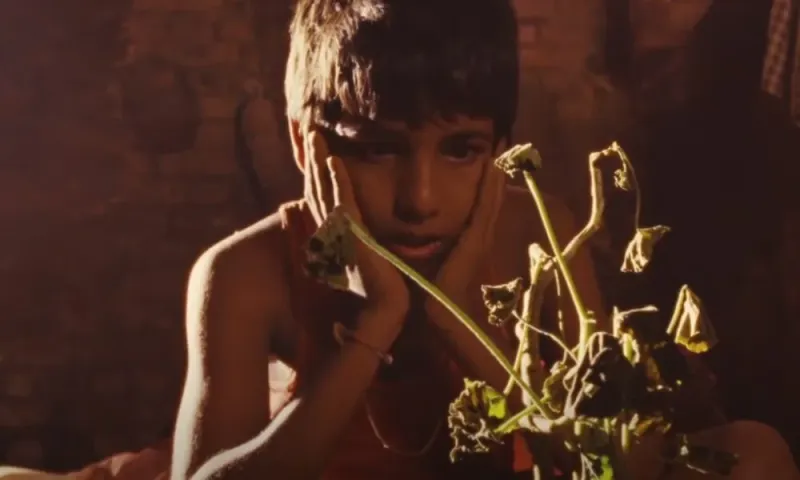After a two month delay caused by the pandemic, this year’s Grammy Award Ceremony is due to be held in Las Vegas on April 3. And once again, the music industry’s most prestigious awards are surrounded by controversy.
Unsurprisingly, the issue is race. At least partly.
The Grammys have long had a fraught relationship with race, an unavoidable consequence of much of American popular music being produced by white artists appropriating African American genres.
Last year, for example, popular Canadian artist the Weeknd announced his decision to boycott the awards after his latest hit album, After Hours, was completely shut out of nominations. The Weeknd’s boycott, which came on the back of popular Black artists – from Beyoncé to Kendrick Lamar – consistently failing to win in major categories despite releasing chart-topping and critically acclaimed albums, reinforced the conviction held by many that Black artists were being devalued at the Grammys.
Indeed, some recent decisions by the awarding committee caused so much controversy that white artists like Adele and Macklemore felt the need to apologise for their victories. Many other leading Black artists, including Drake, Kanye West and J Prince, have called for boycotts and alternative awards shows.
The artists have reason to believe the odds are stacked against them. According to a recent study by the diversity think tank USC Annenberg Inclusion initiative, despite comprising about 38 percent of all artists on Billboard’s Hot 100 chart between 2012-20, Black artists received only 26.7 percent of the top Grammy nominations – Album of the Year, Record of the Year, Song of the Year and Best New Artist – during the same period.
“How is this classical music?”
This year, the Grammys are facing two distinct controversies, both of which once again relate to race – and perhaps the efforts to protect the award show from longstanding accusations of racial bias and discrimination.
The first surrounds the nominations of two African American artists, the polymath musician Jon Batiste and violinist Curtis Stewart, in two classical music categories.




